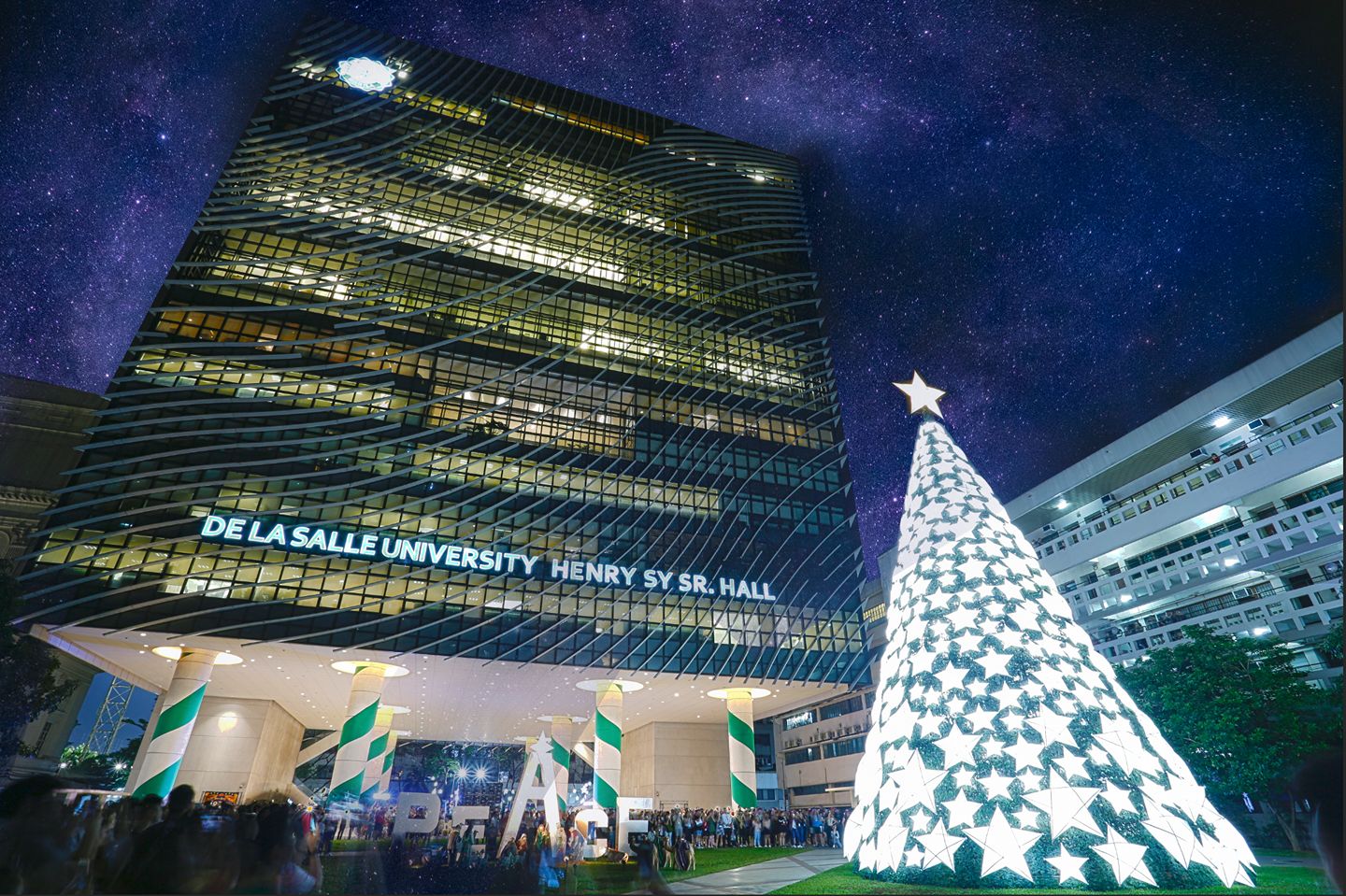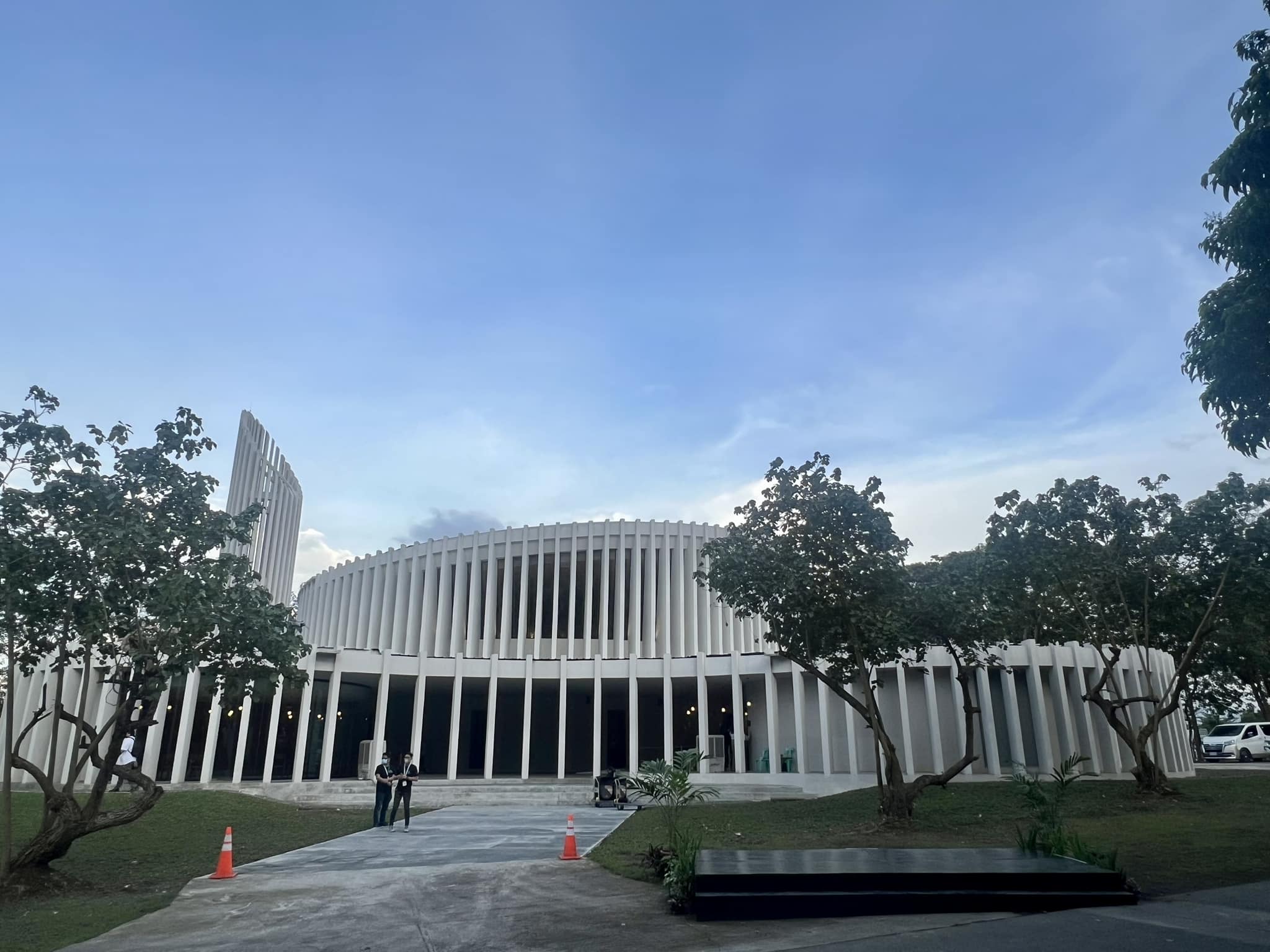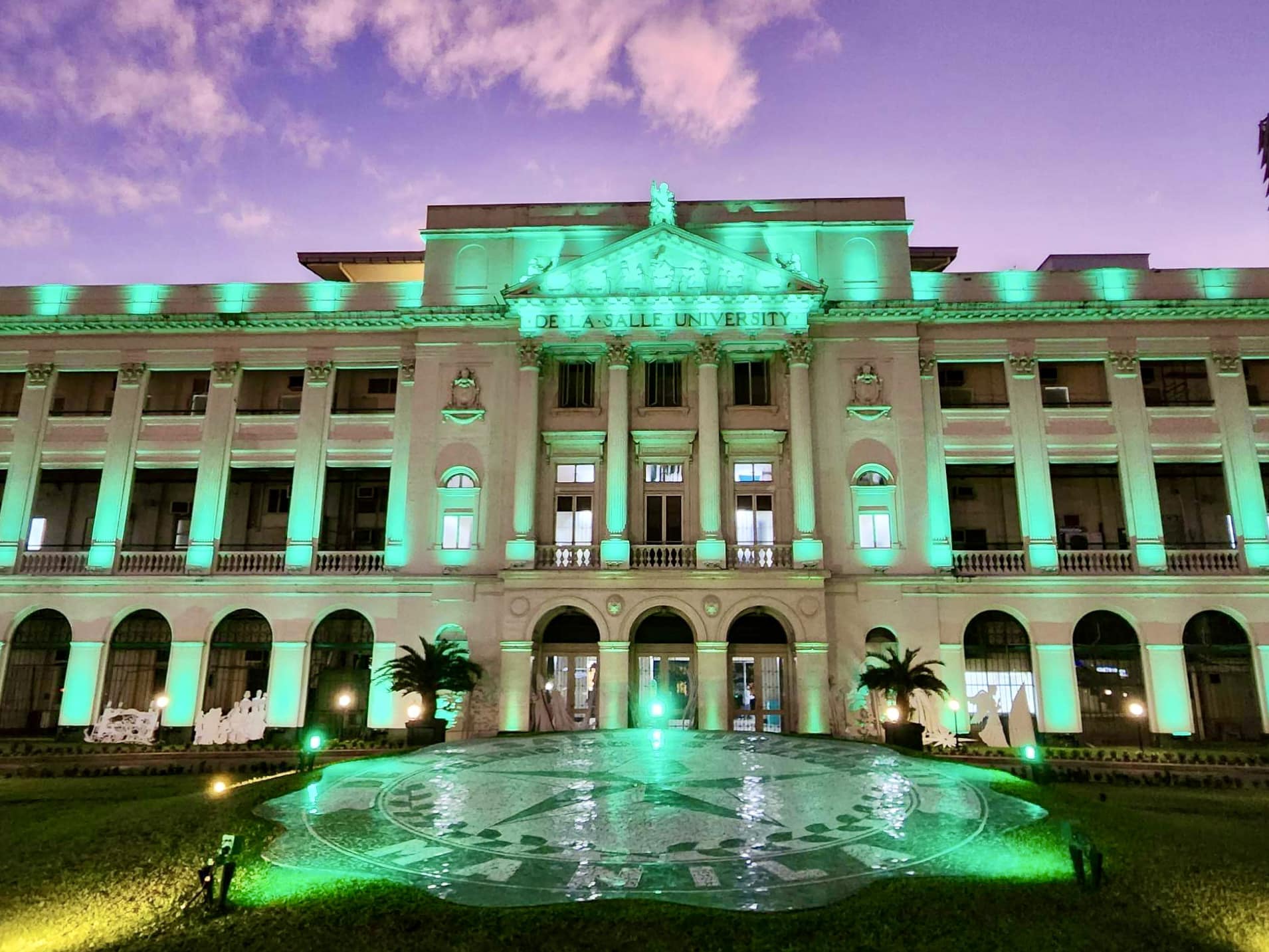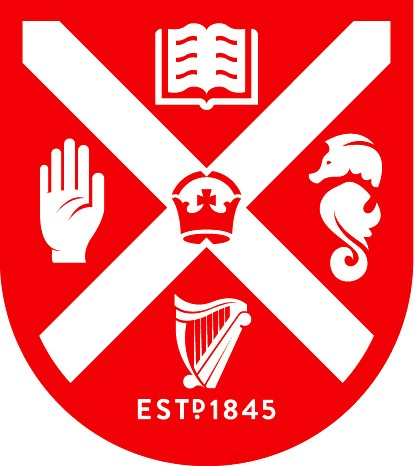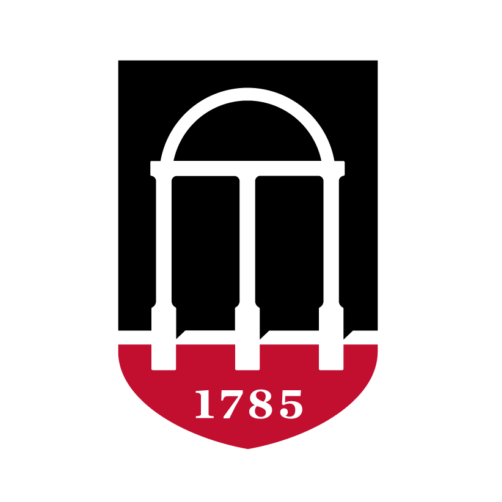ADH541D Theories and Approaches in History
This course Theories and Approaches in History is a core course which is a critical survey of the different theories and approaches to the study of history It will cover the leading epistemological theories and their impact on the way historians study the past The discussions aim to provide the students with possible theoretical frameworks in dissertation research and writing
ADH542D The Practice of History and Historical Writing
This course The Practice of History and Historical Writing is a core course that focuses on historical methodology as a tool for research It will introduce various research techniques that could be used in constructing a credible narrative that will incorporate meaningful interpretation of the data provided by historical sources Aside from the traditional library and archival research it will discuss quantitative approaches surveys oral interviews investigative journalism e-research and other similar techniques Students will be encouraged to be trans- and interdisciplinary in doing research and to be open to numerous perspectives in other social science disciplines and the humanities as well Lastly the course will also expose the students to the different styles and forms of presenting their research output
Major Courses
ADH621D Seminar on Pre-16th Century Philippines
This course Seminar in Pre-16th Century Philippines is a major course that examines the long period referred to as Philippine prehistory covering the earliest identified human habitation to just before the 10th century AD Focusing on the most recent available data from field surveys and excavations in archaeology the seminar will likewise include the current issues and concerns in the study of Philippine prehistory A comparative perspective would be utilized to reflect how the prehistory of the Philippines relates to studies in Southeast Asia China and the Pacific
ADH622D Seminar on the 16th-18th Century Philippines
This course Seminar on the 16th -18th Century Philippines is a major course that critically surveys the social political economic and cultural developments of the Philippines from the beginning of the Spanish contact in the 16th century until the end of the 18th century
ADH623D Seminar on 19th Century Philippine Nationalism and Revolution
This course Seminar on 19th Century Philippine Nationalism and Revolution is a major course on the 19th Century Philippines Particular focus is given on the development of the Filipino nationalist consciousness against the backdrop of the different developments of the 19th century as well as the events leading to the Revolution of 1896 The course will thus look at the ideological and philosophical underpinnings of the nationalist movement and its consequent Revolution
ADH624D Seminar on the Philippine-American War and American Colonial Period 1899- 1946
This course Seminar on the Filipino-American War and American Colonial Period (1899- 1946) is a major course that exposes students to the different primary sources about the American occupation of the Philippines particularly about the Filipino-American War Civil Government Era Commonwealth Period and the Japanese Occupation of the Philippines It will examine as well the different perspectives and interpretations of secondary sources about the American period (1899-1946) The course will also analyze the historiographical problems and historical gaps that deal with the period
ADH625D Seminar on Contemporary (Post-War) Philippines (1946-Present)
This course Seminar on Contemporary (Post-War) Philippines is a major course that covers the period from the end of World War II (1946) to the recent contemporary times in the Philippines The thrust of the course will be developments in Philippine society as it emerged into a fully independent country with the responsibility of running its own government The course will focus on the massive reconstruction and rehabilitation which was necessitated by the destruction of World War II restoration of democratic institutions the authoritarian regime and the unprecedented “People Power Revolution” in 1986 The course is framed to become reflective of the lessons in history that should guide the next generations of Filipinos in leading the country through the 21st century
ADH626D Seminar on Selected Topics in Philippine History
This course Seminar on Selected Topics in Philippine History is a major course that focuses on any of these topics in Philippine history that are not included in the thematic and area courses: Philippine Social History Moro History; and Local and Oral History The professor is given the leeway to expand horizontally and vertically the coverage of the topic of his or her choice The course aims to further enrich the subject matter scope geographic focus and period covered of Philippine history
ADH627D Seminar on Special Topics in Philippine History
This course Special Topics in History is a major course that focuses on significant aspects of Philippine History which historians tend to overlook Special attention will be given in discussing specific topic of interest such as Philippine Environmental History Philippine Health/Science/Medical History Philippine Rural History Philippine Religious History and Philippine Intellectual History As an introduction the course will provide a general overview of all special topics in Philippine History and then proceed on focusing on one In providing depth of discussion on the selected topic the course will cover the origin and development method and writing identifying pioneers and leading scholars and discussing its current issues and trends
ADH628D Seminar on the Philippines in Southeast Asia
This course Seminar on the Philippines in Southeast Asia is a major course that situates the prominent place of the Philippines in the history of nationalist movement in Southeast Asia It starts with a cursory survey of the conditions of Southeast Asia vis-à-vis European overseas expansion in the region Particular attention will be given to the independence/nationalists in Southeast Asia in the face of the colonialist and imperialist designs of western powers Against the background of the struggle for political and cultural independence during the 19th century
the nationalist struggles and other forms of resistance will be studied in comparative historiography
ADH629D Seminar on Contemporary Southeast Asia
This course Seminar on Contemporary Southeast Asia is a major course that probes into the major contemporary developments that affect Southeast Asia It is a specialized discussion of the historical causes impact and consequences of the different political economic social and cultural issues trends and developments in the region It is an in-depth discussion of historiographic issues about contemporary Southeast Asia
ADH630D Seminar on Global History
This course Seminar on Global History is a major course that offers insights into the institutional factors of Global History (economic socio-cultural intellectual political personalities) that led to the development of civilizations and nations from the beginnings of modern history during the Renaissance until the present times It will provide the student with the knowledge to understand and evaluate the people events ideas and institutions that shaped world history and culture in Western and Eastern civilizations and influenced the Philippines
Cognates/Electives:
These may be taken from the course offerings of other departments in the College of Liberal Arts (Social Science or Humanities) The selection of courses must be done in consultation with the adviser or the Graduate Program Coordinator
Written Comprehensive Examinations:
Written Comprehensive Examination 1 (Core Course 1) Written Comprehensive Examination 2 (Core Course 2) Written Comprehensive Examination 3 (Major Course 1) Written Comprehensive Examination 4 (Major Course 2)
Written Comprehensive Examination 5 (Spanish Language Proficiency Exam)
Publication Requirement
The student is expected to have published at least one publication in a refereed and abstracted/indexed journal or juried creative work
Dissertation Writing 1
This course Dissertation 1 requires the student to write a proposal for a historical dissertation on the topic of his/her choice under the guidance of a faculty adviser
Dissertation Writing 2
This course Dissertation 2 requires the student to write a major historical dissertation on the topic of his/her choice under the guidance of a faculty adviser
Show less



